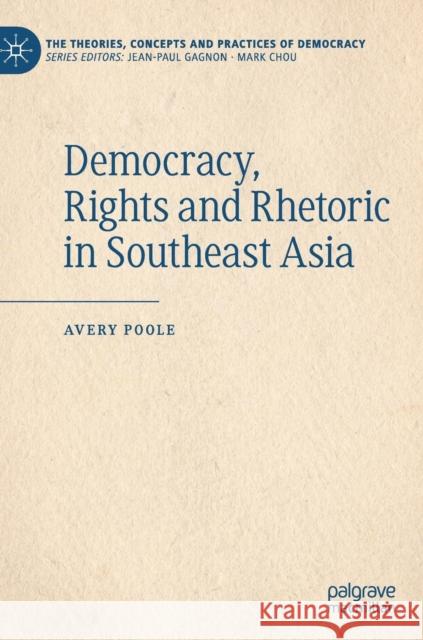Democracy, Rights and Rhetoric in Southeast Asia » książka
topmenu
Democracy, Rights and Rhetoric in Southeast Asia
ISBN-13: 9783030155216 / Angielski / Twarda / 2019 / 83 str.
Kategorie BISAC:
Wydawca:
Palgrave Pivot
Seria wydawnicza:
Język:
Angielski
ISBN-13:
9783030155216
Rok wydania:
2019
Wydanie:
2019
Ilość stron:
83
Waga:
0.27 kg
Wymiary:
21.01 x 14.81 x 0.64
Oprawa:
Twarda
Wolumenów:
01
Dodatkowe informacje:
Wydanie ilustrowane











